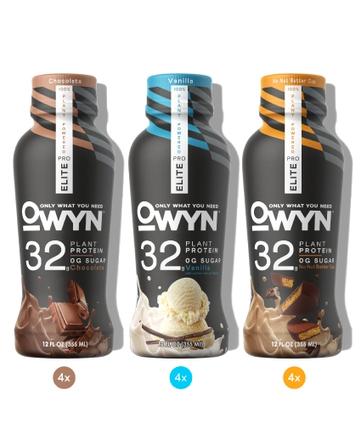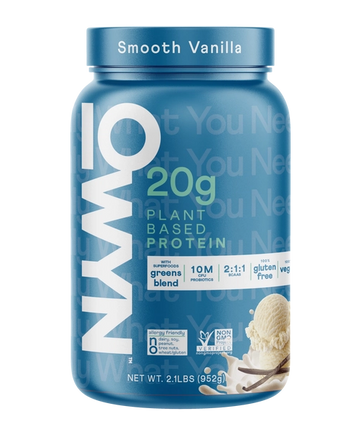Save 10% OFF All Subscription Orders.
Save 10% OFF All Subscription Orders.

How do you know that you’re getting the right type of protein? Check out the difference between incomplete versus complete protein in order to find out!
Complete and incomplete proteins refer to the quality of protein and the type of amino acids it contains. Proteins are made up of amino acids, which are the main building blocks of life. Amino acids are required for normal bodily functions and are critical components of growth and development. They help build muscle, repair tissues, and support metabolism.
There are twenty amino acids that bond together to form a protein. Our body makes eleven of those amino acids on its own. The other nine, aka the essential amino acids, need to be consumed through food. The essential amino acids include histidine, isoleucine, leucine, lysine, methionine, phenylalanine, threonine, tryptophan and valine.
What is a complete protein?
A complete protein contains all nine essential amino acids that our body cannot produce on its own. You can find all essential amino acids in animal and some plant based sources. Complete protein sources include dairy, fish, chicken, quinoa, buckwheat, and chia seeds.
You can also create a complete protein by combining specific plant based proteins with one another to ensure you are getting a complete balance of the amino acids that your body needs. That’s why OWYN’s Protein Shakes combine pea protein, pumpkin seeds, and flaxseeds to provide all essential amino acids making it a complete protein. The multi-source protein blend provides the essential amino acid profile as dairy.
You can also combine peanut butter with whole wheat bread, rice with beans, or hummus and pita bread for complete proteins. That way you get the benefits of a plant based diet while ensuring you consume all essential amino acids.
What is an incomplete protein?
An incomplete protein is one that lacks or is low in one or more of the nine essential amino acids making the protein imbalanced. In general, incomplete protein sources come from plants. Those sources include whole grains, nuts, seeds, beans, lentils, peanuts, and vegetables. These incomplete proteins are still important to consume because they have complementary amino acids profiles that your body needs.
If you live a vegetarian, vegan, or plant based lifestyle, you can still achieve your protein needs as long as you are combining proteins. OWYN’s High Protein Shakes provide a high quality, complete protein by combining plant protein ingredients that provide all essential amino acids.

Chocolate Dipped Strawberry Protein Shake
Craving something that tastes like dessert but still delivers on nutrition? The Chocolate Dipped Strawberry Protein Shake is rich, refreshing, and perfect as a post-workout boost, afternoon pick-me-up, or anytime you want a chocolatey, feel-good treat.

Super Greens Smoothie
Looking for a refreshing, nutrient-packed smoothie that actually tastes amazing? Meet your new go-to: the Super Greens Smoothie. This smoothie blends spinach, tropical fruit, and OWYN Vanilla Protein Powder to deliver a protein-packed boost with all the green goodness your body craves.



